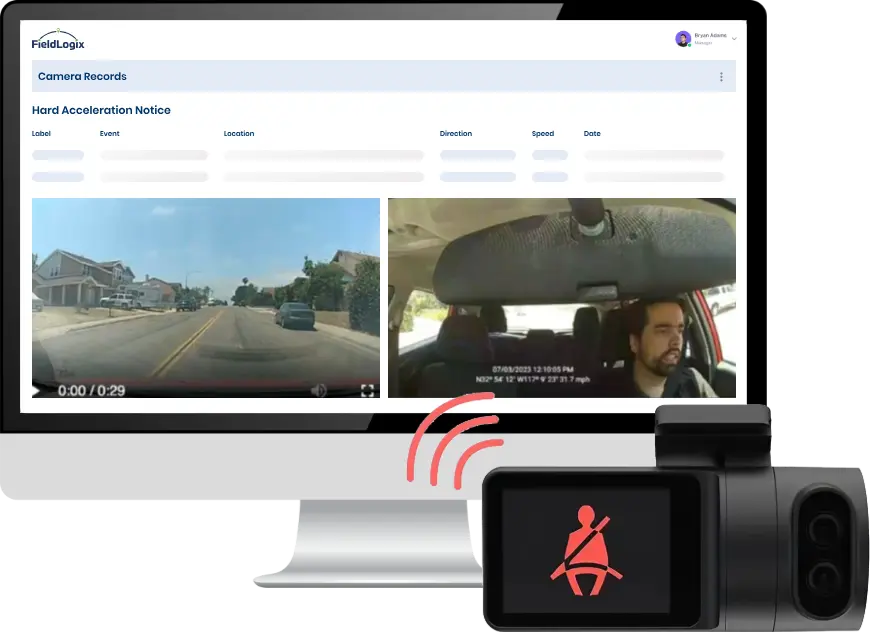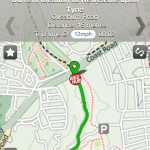Five Easy Steps for Fleets to Lower Costs and Reduce Vehicle Emissions
 According to the Environmental Defense Fund (EDF), there are easy, cost-effective ways for fleets to reduce their environmental impacts and operating costs at the same time.
According to the Environmental Defense Fund (EDF), there are easy, cost-effective ways for fleets to reduce their environmental impacts and operating costs at the same time.
Step 1: Measure Emissions and Set Goals
Understand your fleet’s current greenhouse gas emissions. Simple calculations allow you to track greenhouse gas emissions based on how much fuel is consumed.
Create a baseline by collecting fuel consumption data.
• Calculate your greenhouse gas emissions using the EDF’s online tool.
• Develop a goal to reduce emissions over time.
• Report your progress over time.
Step 2: Improve Vehicle Selection
One of the most important environmental decisions a fleet manager makes is which vehicles to have in the fleet. Consider the following strategies:
• Select the right size. Analyze your operational needs and eliminate excess vehicles. Four-wheel drive and 6- or 8-cyclinder engines can increase costs and emissions.
• Choose “best in class.” Select vehicles with the highest fuel economy that meet’s your firm’s price and performance needs. • Evaluate total lifecycle costs, including acquisition, fuel consumption, depreciation and resale.
• Offer employees incentives to choose more cost-effective, efficient vehicles, for example, sunroofs and satellite radio.
• Incorporate hybrid trucks. Truck fleets should consider incorporating hybrid trucks into their fleets. Trucks are responsible for 6 percent of U.S. greenhouse gas emissions. Hybrids reduce GHG emissions by 30-50 percent, decrease particulate matter (PM) 96 percent, and improve fuel economy 30-50 percent, saving money at the pump! There are many incentives available to help fleets bring down the initial costs of a hybrid.


















